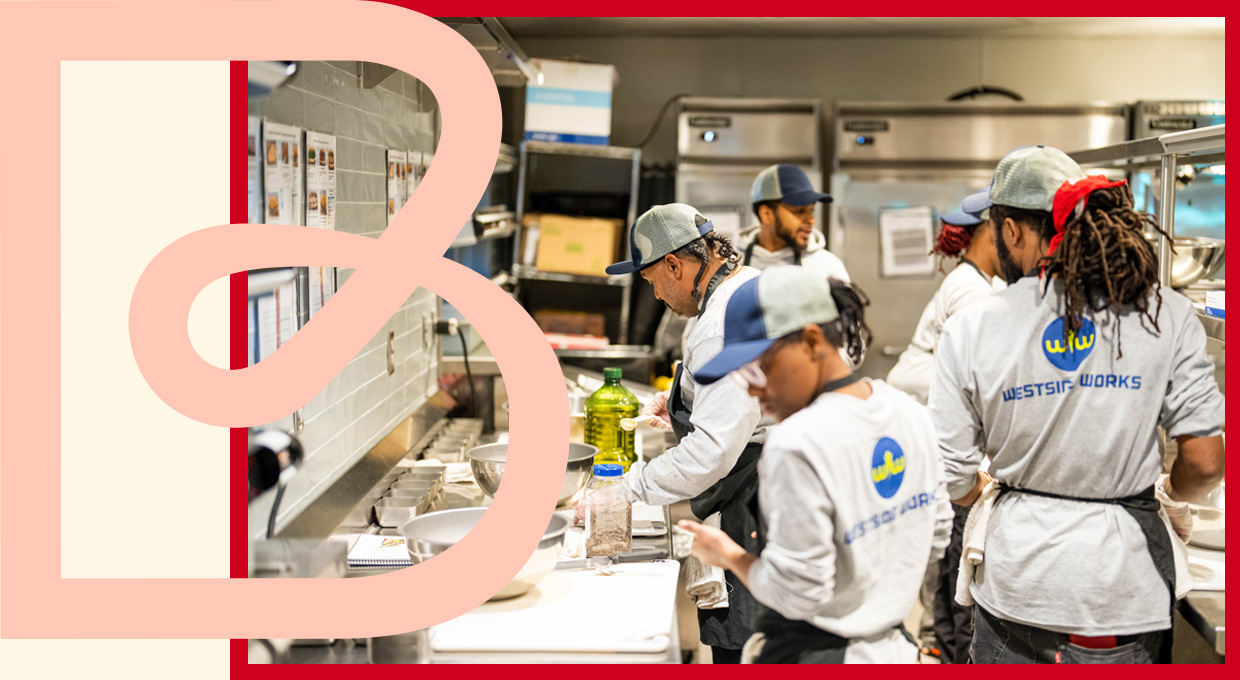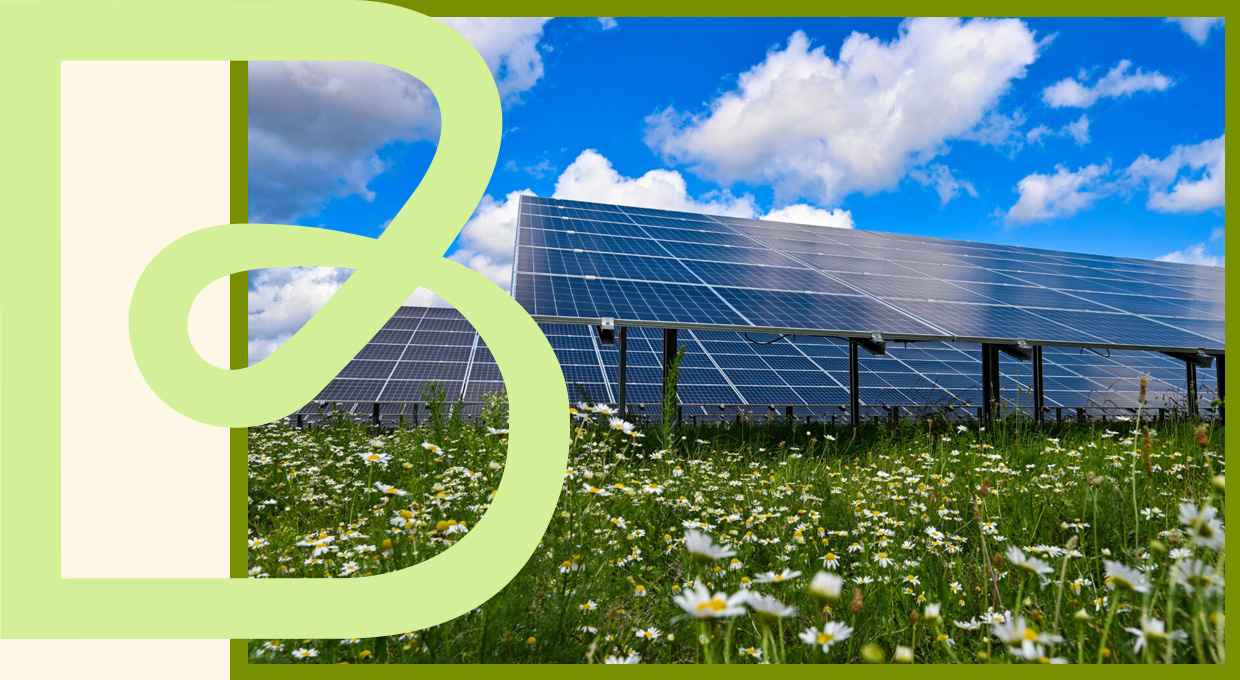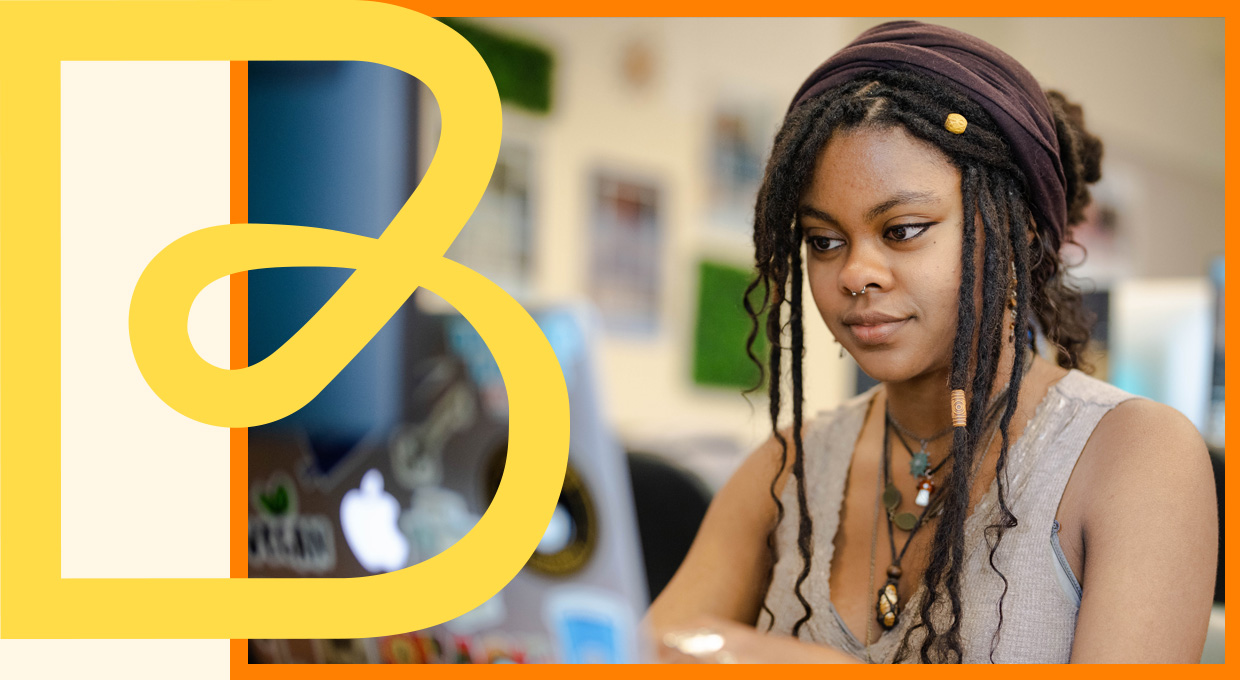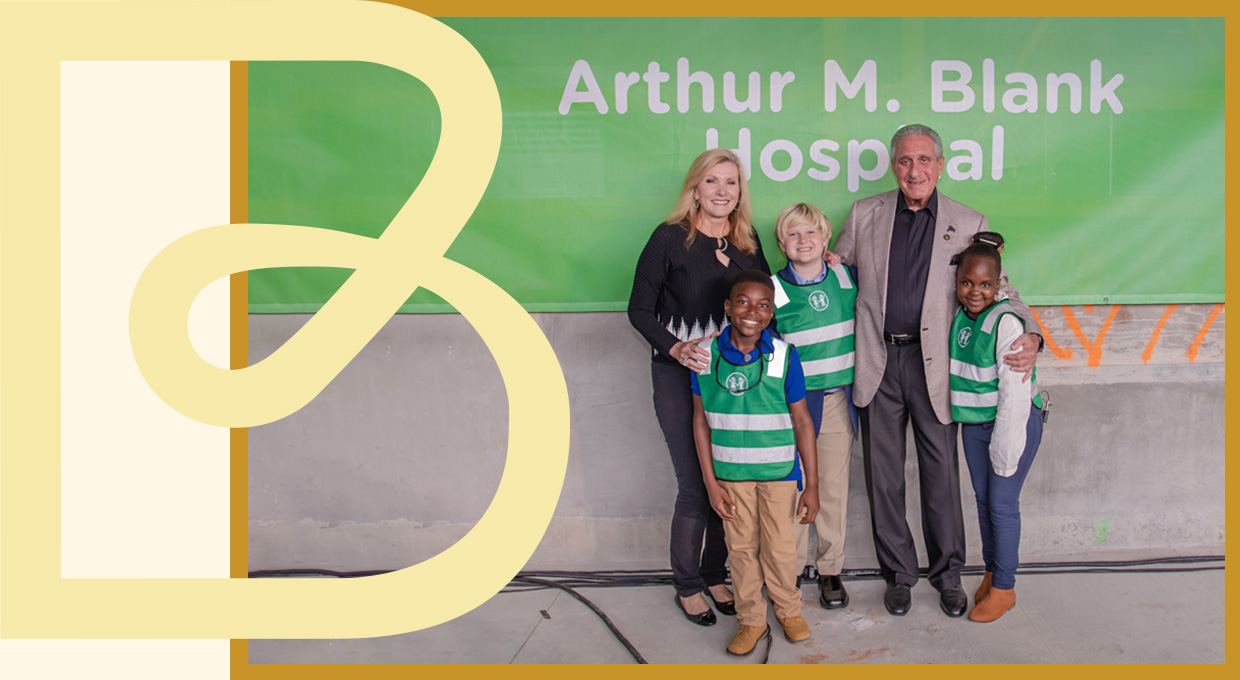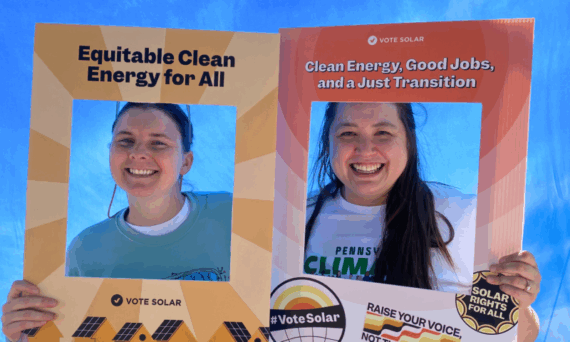Joining Together to Increase Solar Power
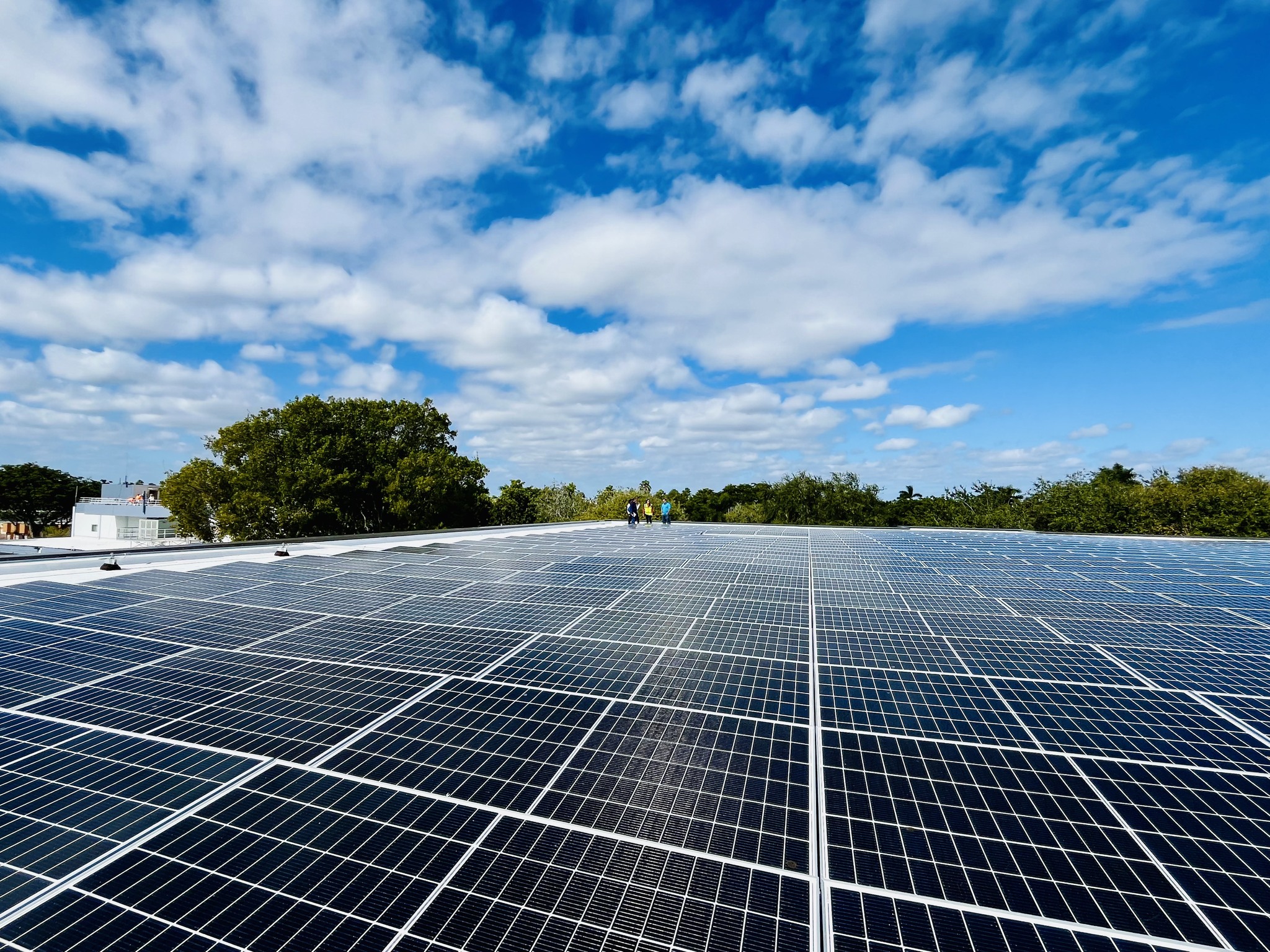
Solar United Neighbors (SUN) is a national nonprofit representing the needs and interests of solar owners and supporters. With rooftop solar as the cornerstone, the SUN mission is to help people join together, go solar and fight for their energy rights.
With support from the Arthur M. Blank Family Foundation, SUN is expanding its rooftop solar programs, helping connect people across the Southeast and West to more affordable and reliable rooftop solar systems.
Clean Energy Benefits
Ben Delman, senior director of communications at SUN, recently met with us to provide background on the organization and the benefits of solar power.
Q: How has SUN evolved since you came on board?
A: When I started with SUN in 2015, there were just six of us. Today, we’re more than 100 strong. The organization has grown immensely. Public perception of solar has also shifted. More people now understand that solar is accessible, not just for the wealthy, but for families at all income levels.
Q: What would you want people to know if they’re thinking about adopting solar?
A: Now is a great time to go solar. I often explain solar as buying your next 20 to 25 years of energy upfront. It’s an investment in future savings and energy independence.
Q: Are there any new technologies or innovations that will benefit solar power?
A: Yes, one exciting development is the concept of distributed power plants. Imagine a neighborhood where many homes have solar panels, batteries and smart devices like thermostats or water heaters. These systems can be coordinated by a utility or third party to act like a power plant. This helps manage demand, especially during heat waves, and reduces the need to activate expensive backup power plants.
Q: How do people actually go solar with SUN? Do they come to you, or do you conduct outreach?
A: Both. One of our main programs is the Solar Co-Op, which we’ve run for years. It’s a neighborhood-wide effort and our national model. We help organize groups of homeowners in a region. Once the group is large enough, we issue a request for proposals from local installers. A selection committee of co-op members chooses the installer, who then provides individual proposals. Members can then decide whether to move forward.
Q: Who’s involved with co-ops? Individuals? Communities?
A: Mostly individual homeowners, though small businesses, churches and nonprofits also participate. We’ve also worked with income-qualified communities, often in partnership with local or state governments, to provide additional funding and support.
Q: What’s a common misconception about solar?
A: Cost is a big one. People may have looked into solar a few years ago and found it too expensive, but prices have dropped significantly. Another misconception is that solar doesn’t work at night. That’s true, but your home remains connected to the grid, so you still have power when the sun isn’t shining.
Q: What are some benefits of solar power that people might not be aware of?
A: Beyond cost savings, solar offers peace of mind. As battery prices have dropped, more people are pairing solar with battery systems. That means if there’s a power outage due to a storm or other issue, they can still run critical systems like HVAC or medical equipment. In that way, solar can be a lifesaving technology. There’s also the benefit of energy independence. You’re less reliant on utilities, whose rates keep rising. With solar power, you can lock in your energy costs.
The foundation recently granted SUN $350,000 to support the accelerated deployment of solar in the West and Southeast U.S. This grant aligns with the foundation’s Energy strategy by investing in clean energy solutions that positively impact people’s lives.
Stay Connected
Stay up to date with stories of impact, grants in your neighborhood and other interesting foundation news.
By submitting this form, you are consenting to receive marketing emails from: Arthur M. Blank Family Foundation. You can revoke your consent to receive emails at any time by using the SafeUnsubscribe® link, found at the bottom of every email. Emails are serviced by Constant Contact

